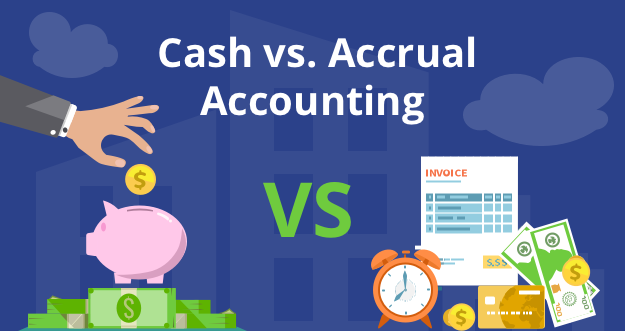Among the Most Often Queries Posed by Small Business Owners Is:

Can I write this off through the company?
Understanding what expenses can be legitimately run through your business and which should not is key to staying compliant, saving on taxes, and avoiding IRS scrutiny.
Below, we’ll break down what’s acceptable, what crosses the line, and how working with a professional bookkeeping firm like Orange Accounting can keep your finances clean and audit-ready.
Common Business Expenses You Can Deduct
According to the IRS, these are typical and required costs for operating a business:
- Office Expenses
- Rent, utilities, internet
- Office supplies, printers, software (e.g., QuickBooks, Gusto)
- Home office (proportionally, if used exclusively for work)
- Marketing and Advertising
- Website design and hosting
- Social media ads (Meta, Google Ads)
- Business cards, branded swag, signage
- Professional Services
- Bookkeeping and accounting fees
- Legal advice
- Business consultants or coaches
- Travel and Meals
- Airfare, hotels, rental cars for business trips
- 50% of business dinners with customers or suppliers (which need to be recorded).
Pro tip: Keep receipts and note who you met with and the business purpose.
- Employee-Related Costs
- Payroll and benefits
- Contractors (1099s)
- Training and education programs
- Business Insurance
- General liability
- Workers’ comp
- E&O or professional liability
- Vehicle Expenses
- If you drive a car for work, consider the mileage, upkeep, and gas (proportionately).
- Alternatively, use the IRS mileage rate.
Expenses You Shouldn’t Run Through Your Business
Certain costs may feel business-related but are either personal in nature or not allowable by tax law:
- Personal Groceries, Clothing, or Household Items
Even if you “sometimes” wear it for work—unless it’s a uniform or branded gear, it’s not deductible.
- Vacations or Trips Without a Clear Business Purpose
It is acceptable to combine personal and professional travel, but only the work portion of the trip is deductible.
- Non-Business Meals and Entertainment
Meals not tied to client interaction or team functions aren’t deductible. Entertainment (like concerts or sports tickets) is no longer deductible under current IRS rules.
- Family Expenses
Paying your personal rent, buying furniture for your home, or paying for your kids’ school under your business? That’s a no-go—and a red flag for an audit.
- Commuting Costs
Driving from home to your main workplace is considered a personal expense—even if you’re the owner.
Why It Matters?
Misclassifying personal expenses as business deductions can:
- Trigger IRS penalties or audits
- Complicate your financial statements
- Lower your company’s net income, which can hurt financing or acquisition value.
How Orange Accounting Helps?
At Orange Accounting, we work closely with service-based businesses like law firms, contractors, medical offices, and marketing agencies to:
- Properly categorize expenses
- Maximize legitimate tax deductions
- Ensure your books stay clean and audit-ready
We proudly serve clients in Hialeah, Sunrise, Aventura, Boca Raton, Coral Springs, Parkland, Pembroke Pines, North Miami Beach, and any other cities in South Florida, offering affordable monthly plans and a dedicated bookkeeping team.
Final Tip:
When in doubt, ask yourself:
“Would I have spent this if I didn’t own the business?”
If the answer is no, it’s likely a valid business expense. If yes, think twice—or talk to your CPA.
Not Sure What Counts as a Deduction?
Schedule a free consultation with Orange Accounting and get clarity on what you can (and can’t) run through your business.


